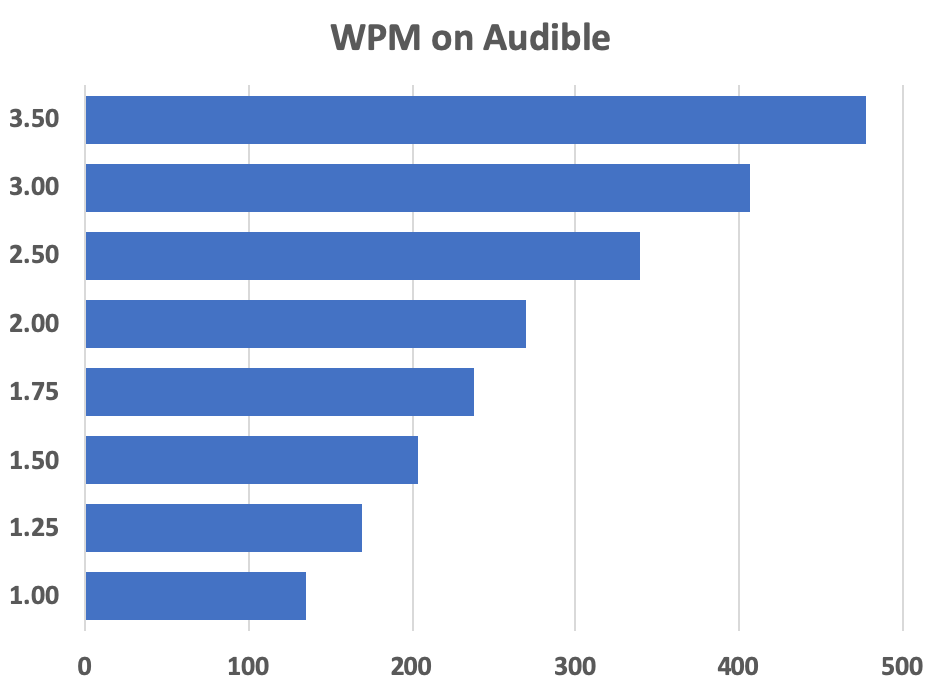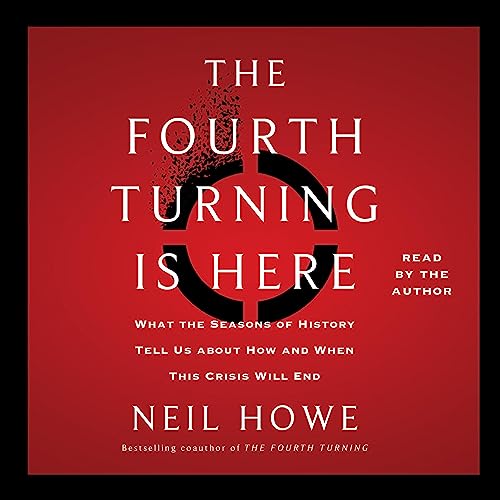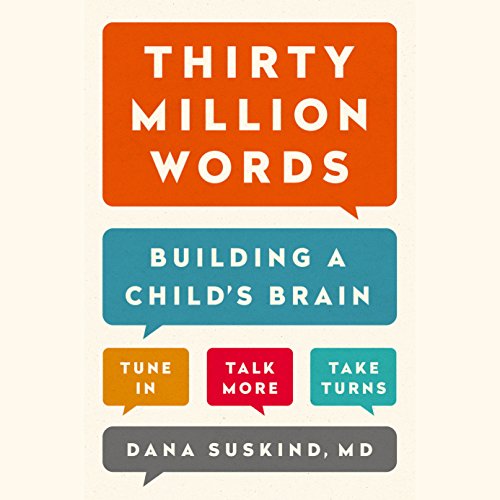Is Reading Or Audiobooks Faster?
If you’re wondering whether reading or audiobooks are faster, you’ve come to the right place! It’s a question that has sparked debate among book lovers and audio enthusiasts alike. So, let’s dive in and explore the world of reading versus audiobooks, and find out which one reigns supreme in terms of speed.
When it comes to reading, the pace is in your hands. You control how quickly you flip through the pages, absorbing the words at your own rhythm. It’s a personal experience, allowing you to savor each sentence or skim through paragraphs. On the other hand, audiobooks offer a different kind of immersion. With a narrator guiding you through the story, you can sit back and let the words wash over you. It’s like having a storytelling session right in your ears. But the question remains: which one is faster? Let’s explore the pros and cons, and see if we can unveil the truth.
When it comes to speed, audiobooks are generally faster than reading. With audiobooks, you can multitask and listen while doing other activities. However, the reading speed varies from person to person, and some may read faster than the narration in an audiobook. It also depends on the complexity of the content and personal preferences. So, while audiobooks offer convenience, traditional reading allows for better control of reading speed and comprehension.

Is Reading or Audiobooks Faster?
When it comes to consuming books, there are two popular options: reading and audiobooks. Both methods have their own unique benefits and drawbacks, but one question that often comes up is which one is faster? In this article, we will explore the differences between reading and listening to audiobooks in terms of speed and determine which method is quicker.
Reading: The Traditional Method
Reading a physical book or an e-book is the most traditional way of enjoying literature. It involves visually scanning the words on the pages and comprehending the content through silent reading. Reading speed can vary from person to person, but on average, a typical adult can read around 200 to 300 words per minute.
There are several factors that can affect reading speed. These include the difficulty of the text, the reader’s familiarity with the subject, and the individual’s reading habits and skills. Some people are naturally faster readers, while others may prefer to take their time and savor each word. Additionally, distractions and interruptions can also slow down the reading process.
Benefits of Reading
Reading offers a unique experience that engages the reader’s imagination and allows for a deeper connection with the story. It provides an opportunity to visualize the characters and settings in one’s own mind and allows for a more personal interpretation of the text. Reading also helps improve vocabulary, concentration, and critical thinking skills.
Furthermore, reading can be done anywhere and at any time, as long as you have a book or an e-reader with you. It doesn’t require an internet connection or any additional devices, making it a convenient and portable option for book lovers.
Tips for Faster Reading
If you want to improve your reading speed, there are several techniques you can try. First, eliminate distractions and find a quiet environment where you can focus. Use your finger or a pen to guide your eyes along the lines and avoid subvocalization, which is the habit of silently pronouncing every word in your head. Finally, practice regularly to build up your reading speed and comprehension.
Audiobooks: The Power of Listening
Audiobooks, on the other hand, offer a different way to enjoy books by listening to narrated versions of the text. They have become increasingly popular in recent years, thanks to advancements in technology and the rise of digital platforms. With audiobooks, you can listen to a book while commuting, exercising, or doing other activities.
The speed at which you can listen to an audiobook depends on the narrator’s pace and your own ability to comprehend spoken words. On average, audiobook narrators read at a speed of around 150 to 160 words per minute. However, some listeners may be able to follow along at a faster pace, while others may prefer a slower speed to fully absorb the content.
Benefits of Audiobooks
Audiobooks offer a convenient and immersive way to experience literature. They can bring stories to life through the use of different voices, accents, and sound effects. Audiobooks also provide an opportunity to multitask and make use of time that would otherwise be spent on mundane activities. For those with visual impairments or difficulties reading, audiobooks can be a valuable alternative.
Additionally, listening to audiobooks can improve listening comprehension and pronunciation skills. It allows the listener to focus on the nuances of the language and the rhythm of the narrative. Audiobooks also provide a sense of companionship, as the narrator’s voice can create a connection with the listener.
Tips for Efficient Audiobook Listening
To make the most of your audiobook experience, try adjusting the playback speed to find a pace that suits your preferences. Experiment with faster speeds to increase the overall listening speed, but be mindful of maintaining comprehension. Use headphones or earbuds to minimize external distractions and immerse yourself in the story. Lastly, take breaks if you find yourself getting mentally fatigued, as listening for long periods can be tiring.
Comparing Reading and Audiobooks
When it comes to speed, reading is generally faster than listening to an audiobook. The average reading speed of 200 to 300 words per minute is faster than the narrator’s pace of 150 to 160 words per minute in audiobooks. However, it’s important to note that individual reading speeds and listening comprehension can vary.
Some people may find that they can read faster than the audiobook’s pace, while others may prefer the slower tempo of listening. It ultimately comes down to personal preference and the individual’s ability to process information through reading or listening. Some people may enjoy the tactile experience of holding a book and visually scanning the words, while others may prefer the convenience and auditory experience of audiobooks.
Factors to Consider
When deciding between reading and audiobooks, consider your own reading speed, comprehension skills, and preferences. If you’re a fast reader who enjoys the physical act of reading, sticking to books may be the best option for you. On the other hand, if you’re a slow reader or prefer the auditory experience, audiobooks can be a great alternative.
It’s also worth mentioning that different genres and types of books may be better suited to one format over the other. For example, complex non-fiction books may require slower reading and deeper concentration, while fast-paced thrillers may be more enjoyable through audiobooks.
The Verdict
So, is reading or audiobooks faster? In terms of pure speed, reading takes the lead. However, the speed of consumption should not be the only factor to consider when choosing between the two methods. Each has its own unique advantages and disadvantages, and the best choice ultimately depends on personal preferences and circumstances.
Whether you prefer the tangible experience of reading or the convenience of audiobooks, both options offer a wonderful way to immerse yourself in stories and expand your literary horizons. So, pick up a book or plug in your headphones and embark on your next literary adventure.
Key Takeaways: Is reading or audiobooks faster?
- Reading allows you to control the pace and speed of consuming information.
- Audiobooks can be faster because you can listen while doing other activities.
- Reading helps improve reading speed and comprehension skills.
- Audiobooks are a convenient way to “read” books while on the go.
- Both reading and audiobooks offer unique experiences and benefits.
Frequently Asked Questions
1. Can audiobooks be faster than reading?
Yes, audiobooks can be faster than reading, depending on the individual and their reading speed. Some people may find that they can listen to an audiobook at a faster pace than they can read a physical book. This allows them to cover more content in a shorter amount of time.
However, it is important to note that reading and listening are two different processes. While audiobooks may be faster in terms of time, reading allows for a deeper engagement with the text, as readers can go at their own pace, re-read passages, and take breaks to reflect on the material.
2. Are there any advantages to reading over audiobooks?
Absolutely! Reading offers several advantages over audiobooks. Firstly, reading allows for a more active and immersive experience. When reading, you are actively engaging with the text, using your imagination to visualize the scenes and characters.
Additionally, reading helps improve vocabulary, comprehension, and critical thinking skills. It encourages a slower pace, allowing readers to fully absorb and process the information. Reading also provides a sense of ownership and personal connection to the material, as readers can physically interact with the book.
3. Can audiobooks enhance the reading experience?
Yes, audiobooks can enhance the reading experience in several ways. For individuals who struggle with reading or have visual impairments, audiobooks provide an accessible alternative that allows them to enjoy books and stories. Audiobooks also bring stories to life through voice acting, sound effects, and music, creating a more immersive experience.
In addition, listening to audiobooks can help improve listening and pronunciation skills, as listeners can hear proper intonation and pacing. Audiobooks can also be a great option for multitasking, allowing individuals to enjoy a book while engaging in other activities such as exercising or commuting.
4. Is it possible to retain information better through reading or audiobooks?
The retention of information can vary depending on the individual and their learning preferences. Some studies suggest that reading leads to better retention, as it requires active engagement and allows for re-reading and highlighting important passages. When reading, individuals can also take notes and engage in active learning strategies.
However, audiobooks can also be effective in retaining information, especially for auditory learners. Listening to information can help reinforce understanding and memory. It is important to find the method that works best for you and suits your learning style.
5. Can reading and audiobooks complement each other?
Absolutely! Reading and audiobooks can complement each other and be used together to enhance the reading experience. Some individuals may choose to read along with an audiobook, which can improve reading fluency and comprehension. This method allows for both visual and auditory input, reinforcing understanding.
Additionally, switching between reading and listening can help maintain interest and prevent fatigue. It provides a versatile approach to consuming content and allows for flexibility depending on the situation and personal preferences.
Audiobooks vs Reading: Which is better?
Final Summary: Which is Faster, Reading or Audiobooks?
After exploring the question of whether reading or audiobooks are faster, it’s clear that the answer depends on various factors. It’s not as simple as declaring one method as definitively faster than the other. Both reading and audiobooks have their own unique advantages and disadvantages when it comes to speed and comprehension.
When it comes to reading, the pace is often determined by the individual reader. Some people naturally read faster than others, and the speed can also be influenced by factors such as text complexity and reading experience. Skilled readers who are comfortable with the material can often read much faster than average, allowing them to absorb information more quickly. However, reading requires active engagement and concentration, which may slow down the overall pace.
On the other hand, audiobooks can offer a faster pace for some individuals. By listening to the narration, listeners can passively absorb the information without the need for active engagement. This can be particularly beneficial for people with busy schedules or for those who have difficulty focusing while reading. However, audiobooks may not be suitable for everyone, as some individuals may find it harder to retain information through auditory means compared to visual reading.
In conclusion, the speed of reading versus audiobooks is subjective and depends on various factors such as individual reading speed, comprehension abilities, and personal preferences. Both methods have their own advantages and disadvantages, and it ultimately comes down to what works best for each individual. Whether you prefer the tactile experience of holding a book in your hands or the convenience of listening to a story while multitasking, the choice between reading and audiobooks ultimately boils down to personal preference and what helps you best absorb the information. So, embrace the method that suits your needs and enjoy the wonderful world of literature in your own unique way.






